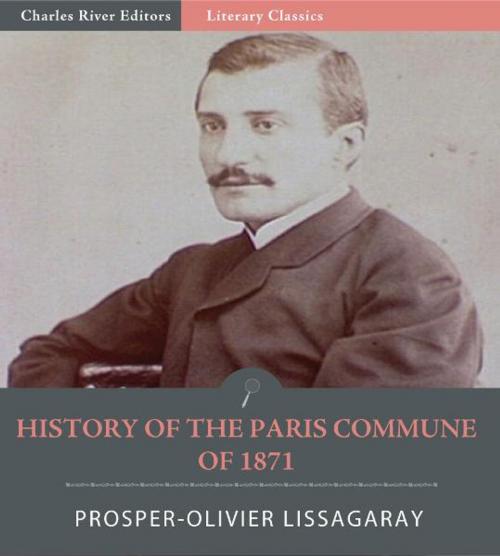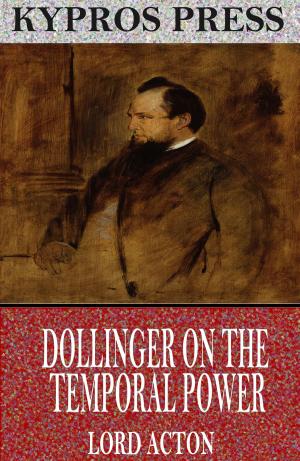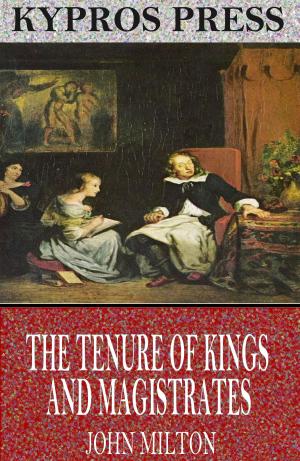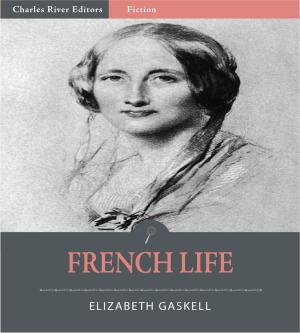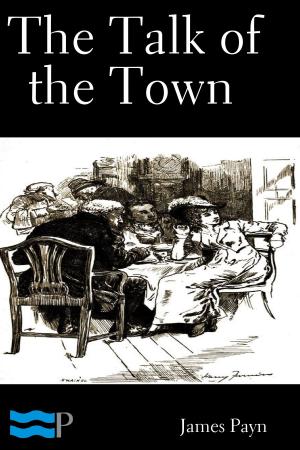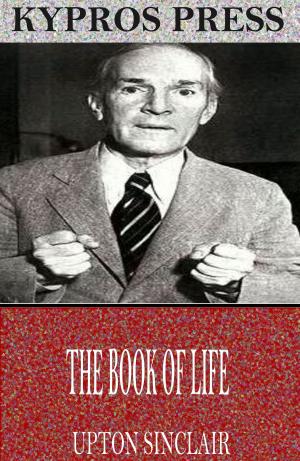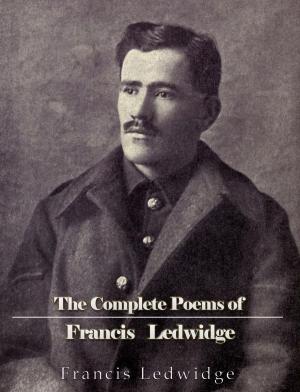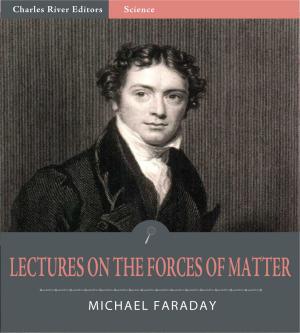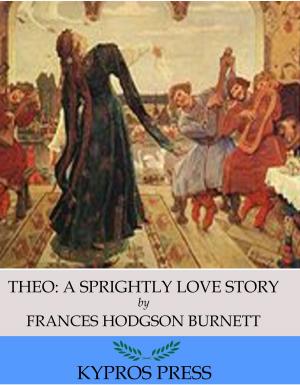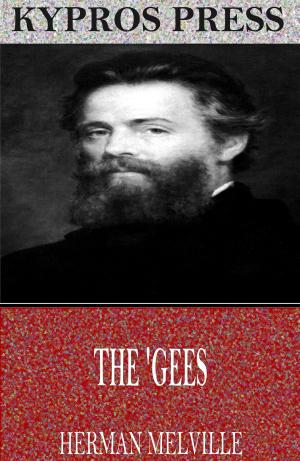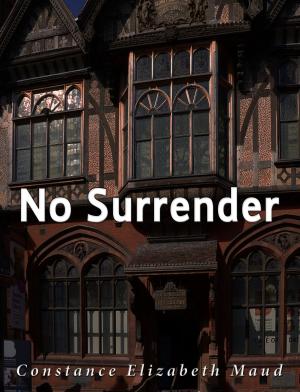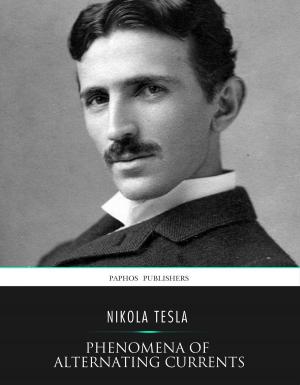History of the Paris Commune of 1871
Nonfiction, History, Revolutionary, Social & Cultural Studies, Political Science, Government, Communism & Socialism, France| Author: | Prosper-Olivier Lissagaray | ISBN: | 9781619823037 |
| Publisher: | Charles River Editors | Publication: | February 8, 2012 |
| Imprint: | Language: | English |
| Author: | Prosper-Olivier Lissagaray |
| ISBN: | 9781619823037 |
| Publisher: | Charles River Editors |
| Publication: | February 8, 2012 |
| Imprint: | |
| Language: | English |
The Paris Commune (French: La Commune de Paris, IPA: [la kɔmyn də paʁi]) was a government that briefly ruled Paris from March 18 (more formally, from March 28) to May 28, 1871. It existed before the split between anarchists and Marxists had taken place, and it is hailed by both groups as the first assumption of power by the working class during the Industrial Revolution. Debates over the policies and outcome of the Commune contributed to the break between those two political groups. In a formal sense, the Paris Commune simply acted as the local authority, the city council (in French, the "commune"), which exercised power in Paris for two months in the spring of 1871. However, the conditions in which it formed, its controversial decrees, and its violent end make its tenure one of the more important political episodes of the time. Although Prosper-Olivier Lissagaray (18381901) was not a member of the Commune, he was a socialist and republican journalist. He was also engaged for a while to Eleanor Marx. Eleanor Marxs translation of Lissagarays History of the Paris Commune of 1871 was made from a manuscript revised by the author and approved by Karl Marx. Lissagaray himself regarded it as the definitive edition of his work. Lissagarays own appendices and notes, which contain valuable documentation of the events described, are reproduced in full, and this edition includes a Table of Contents.
The Paris Commune (French: La Commune de Paris, IPA: [la kɔmyn də paʁi]) was a government that briefly ruled Paris from March 18 (more formally, from March 28) to May 28, 1871. It existed before the split between anarchists and Marxists had taken place, and it is hailed by both groups as the first assumption of power by the working class during the Industrial Revolution. Debates over the policies and outcome of the Commune contributed to the break between those two political groups. In a formal sense, the Paris Commune simply acted as the local authority, the city council (in French, the "commune"), which exercised power in Paris for two months in the spring of 1871. However, the conditions in which it formed, its controversial decrees, and its violent end make its tenure one of the more important political episodes of the time. Although Prosper-Olivier Lissagaray (18381901) was not a member of the Commune, he was a socialist and republican journalist. He was also engaged for a while to Eleanor Marx. Eleanor Marxs translation of Lissagarays History of the Paris Commune of 1871 was made from a manuscript revised by the author and approved by Karl Marx. Lissagaray himself regarded it as the definitive edition of his work. Lissagarays own appendices and notes, which contain valuable documentation of the events described, are reproduced in full, and this edition includes a Table of Contents.
